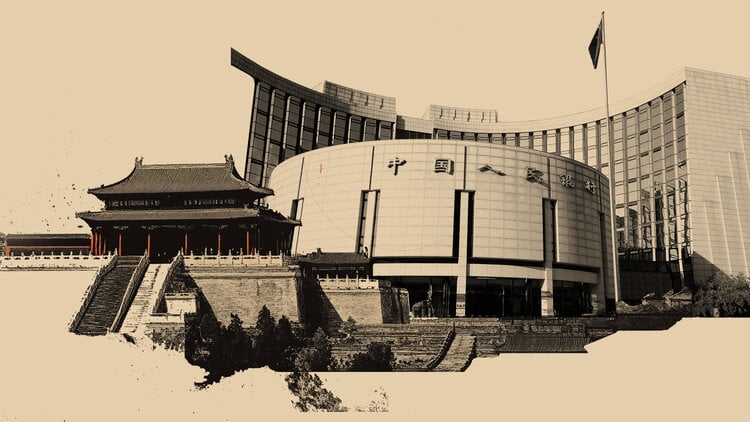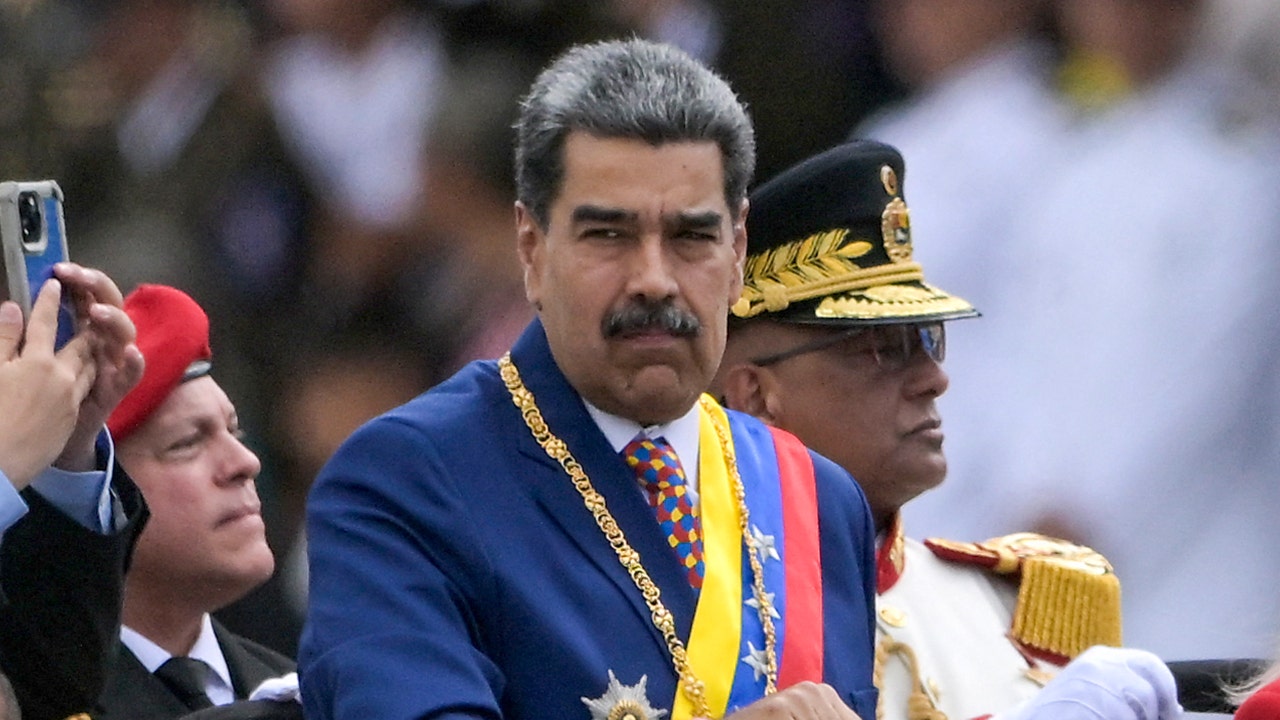1 of 4 | South Korean presidential candidate Lee Jae-myung of the Democratic Party is leading polls ahead of the country’s June 3 election. Lee appeared at a third and final televised presidential debate on Tuesday. Pool Photo by Kim Min-hee/EPA-EFE
SEOUL, May 28 (UPI) — Democratic Party candidate Lee Jae-myung, 60, is the frontrunner in South Korea’s June 3 snap presidential election, leading his main opponent Kim Moon-soo in most polls.
The race marks the third bid at the presidency for Lee, who lost to impeached former president Yoon Suk Yeol by the smallest margin in South Korean history in 2022.
Lee was born into poverty in Andong, North Gyeongsang Province as the fifth child out of seven, and his hardscrabble upbringing is a compelling part of his political narrative.
He worked in factories after graduating from elementary school when his family moved to Seongnam, a satellite city of Seoul. Lee suffered multiple workplace injuries, including a mishap with an industrial press that left him with a permanent disability in his arm.
While working, Lee studied on his own and earned middle and high school equivalency diplomas, eventually winning a scholarship to Chung-Ang University’s College of Law. He passed the bar exam in 1986 and started his career as a human rights lawyer focusing on labor rights and social justice.
Lee went on to enter electoral politics and became mayor of Seongam in 2010, where he began a rise to national prominence as a progressive firebrand. He ran for the Democratic Party presidential nomination in 2017, coming in third place, and was elected governor of Gyeonggi Province the next year.
In Gyeonggi, South Korea’s largest province, Lee continued to build a reputation as a hard-charging populist who was able to implement some of the country’s most ambitious social welfare programs. He launched a pilot basic income program for young adults that he was able to expand to all citizens during the COVID-19 pandemic.
Lee made another run for the presidency in 2022, winning the Democratic Party nomination as a political outsider amid a rising anti-incumbent sentiment among the voting public. After losing to Yoon Suk Yeol by a margin of just 0.73%, Lee became Yoon’s chief antagonist as the Democratic Party’s leader in parliament.
While popular with his base of supporters, Lee remains politically polarizing and had taken to wearing a bulletproof vest in public appearances leading up to Yoon’s impeachment verdict last month. In early 2024, he was stabbed in the neck during an appearance in Busan and underwent emergency surgery.
He has also long been shadowed by legal troubles of his own. In March, a Seoul court overturned Lee’s earlier conviction on an election law violation. However, the Supreme Court overturned that acquittal in May and returned the case for retrial, scheduled to begin on June 18 — well after the June 3 election. Lee is still facing separate criminal trials on charges including bribery and corruption.
Policy Positions
While he has been a polarizing figure throughout his public life, on the campaign trail, Lee is aiming for a more moderate appeal.
Economy
In an 11-minute video message announcing his candidacy in April, Lee said addressing income inequality and promoting economic growth would be his top goals when taking office.
“Our economy is in dire straits,” Lee said. “The government’s role is important, but for the past three years, the government has neglected the economy.”
He has vowed to invest in science and technology at the government level, with a heavy focus on artificial intelligence. Lee has proposed a national investment fund for AI-driven industries, with some of the profits redistributed to partially finance universal basic social services.
His overall policy stance is close to social liberalism and moderate progressivism, but this tendency toward economic liberalism has shifted to the right in recent years.
Foreign Policy
On the foreign policy front, Lee is stressing a pragmatic approach to international relationships. He has said that Seoul’s alliance with the United States and the trilateral partnership with Japan — which Yoon championed — were important, but pledged to prioritize South Korea’s interests. He stated that the United States is South Korea’s only ally, but China is also a strategic partner. Lee said that he would encourage the U.S. and China to cooperate with us rather than choosing one side or the other.
“In the era of great transformation, we will create a diplomatic security stronghold with progressive practical diplomacy and cutting-edge defense,” Lee wrote in a Facebook post outlining his platform on May 26.
Lee also announced a campaign pledge on Monday to improve inter-Korean communications, including restoring a military hotline that North Korea has not responded to since 2023. He said that a face-to-face meeting with North Korean leader Kim Jong Un would be “very difficult,” however.
Strengthening Democracy
In the wake of the martial law crisis under Yoon Suk Yeol, Lee supports constitutional reform to decentralize presidential powers and enhance accountability.
He has proposed transitioning to a two-term, four-year presidency in 2030, instead of the current single five-year term. Lee also advocates for introducing a runoff election system and allowing a parliamentary nomination for prime minister instead of presidential appointment.
“Now is the time to build a new system that fits the times and a constitution that serves as a tighter safety net for democracy,” Lee wrote on Facebook on May 18.
“Let’s strengthen the responsibility of the president and decentralize his authority,” he wrote. “The introduction of a four-year term for the president makes it possible to conduct a midterm evaluation of the administration, reinforcing responsibility.”











:max_bytes(150000):strip_icc()/Sally-Field-Sam-Greisman-Kim-Davis-081225-ec4137c92bf2480fbe1b1537638a1489.jpg)

